Vegan Globetrotter is supported by our audience. When you purchase through one of our links, we may earn a small affiliate commission. As an Amazon Associate I earn from qualifying purchases. Your cost is not affected.
==================
The science of vegan weight loss is something I’ve come to appreciate deeply, especially after my own journey of shedding pounds and realizing it’s far from random. Weight loss, I learned, is something that can be planned and achieved with intention—though it does require adjustments to lifestyle and choices. What made the process easier for me was understanding the why behind it all. Knowing the science behind how food impacts our bodies, how plant-based diets work, and why they can be so effective for weight loss not only improved my motivation but also strengthened my willpower to stick with it. If you’re curious about how a vegan diet can help you achieve your weight loss goals—and why it’s more than just a trend—let’s dive into the science and strategies that make it work.
The Science of Vegan Weight Loss: Shedding Pounds with Plant Power
Thinking about shedding some pounds? A plant-based diet might be your ticket to success. Many people have found that going vegan can help with weight loss. Plant-based diets may lead to greater weight loss compared to non-vegetarian diets, especially when followed consistently.

Fruits, veggies, and whole grains are packed with fiber and nutrients. These foods can help you feel full while eating fewer calories. Plus, plant-based meals often have less fat than those with meat and dairy. This can make it easier to cut calories without feeling hungry.
But weight loss isn’t the only perk of going vegan. A plant-based diet can also be good for your heart and may lower your risk of some diseases. If you’re curious about trying a vegan diet for weight loss, it’s worth looking into the science behind it.
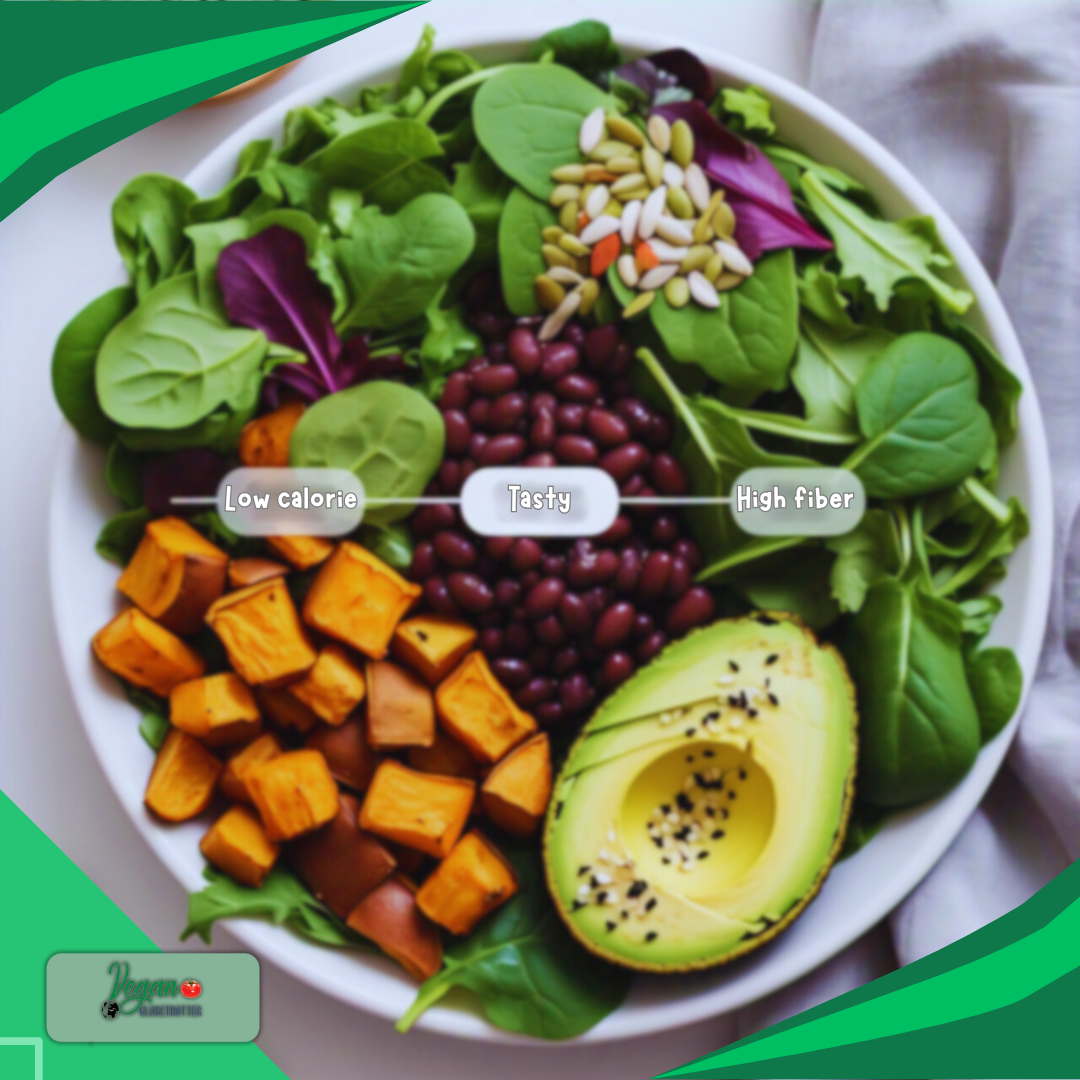
Key Takeaways
- Plant-based diets can help with weight loss by naturally reducing calorie intake.
- Vegan foods are often high in fiber and nutrients, which can increase feelings of fullness.
- A well-planned vegan diet may offer health benefits beyond just shedding pounds.
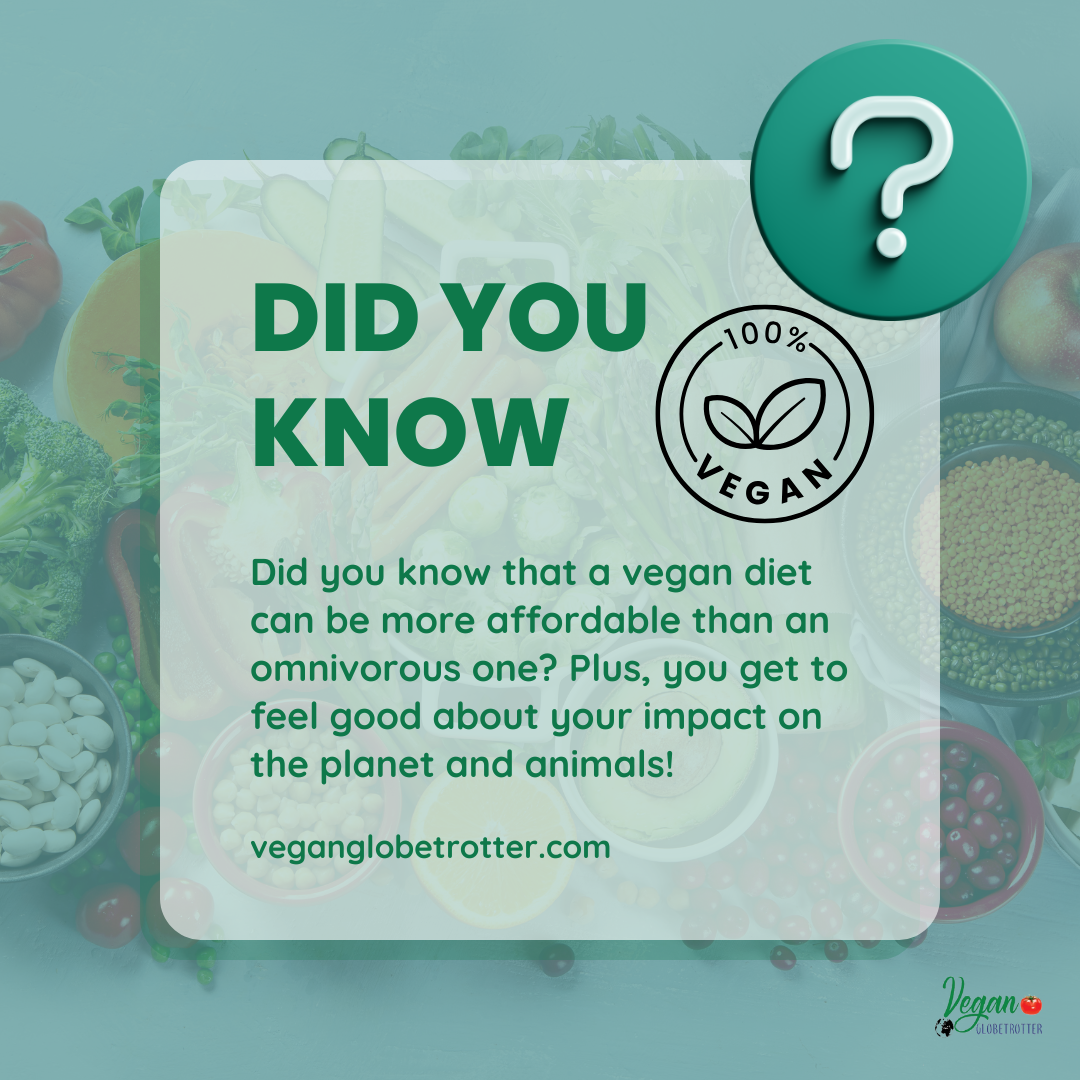
Get This:
If you’re carrying extra weight, your body might be under more stress than you realize. Being overweight or obese significantly increases your risk of developing serious health issues like heart disease, high blood pressure, type 2 diabetes, gallstones, breathing problems, and even certain cancers. But here’s the good news: losing just 5-10% of your body weight can dramatically improve your health, lowering your risk of these conditions and boosting your overall well-being. Small changes can lead to big results—your body will thank you!
Understanding Vegan Diets

Vegan diets are becoming more popular for weight loss and health reasons. They focus on plant foods and avoid all animal products. Let’s look at what veganism means and how it differs from vegetarianism.
Definition and Principles of Veganism
A vegan diet means you eat only plant foods. You skip all animal products, including:
• Meat and fish • Dairy • Eggs • Honey
Vegans eat lots of:
• Fruits and veggies • Whole grains • Beans and lentils • Nuts and seeds
People choose veganism for different reasons. Some do it for health, others for the planet or animals. A plant-based diet can help with weight loss and lower the risk of some diseases.
Comparing Vegan and Vegetarian Diets
Vegan and vegetarian diets are alike but have key differences:
• Vegetarians don’t eat meat or fish • Some vegetarians eat eggs and dairy • Vegans avoid all animal products
Both diets focus on plant foods. But vegans are stricter about animal products. Vegetarian diets can include:
• Lacto-vegetarian: Includes dairy • Ovo-vegetarian: Includes eggs • Lacto-ovo vegetarian: Includes both
Plant-based eating can help you lose weight on both diets. The key is choosing whole, unprocessed foods.
The Science Behind Weight Loss

Weight loss happens when you burn more calories than you eat. Your body’s metabolism plays a big role in this process. Let’s look at how these factors work together to help you lose weight.
Fundamentals of Metabolism
Your metabolism is like your body’s engine. It burns calories to keep you alive and moving. Some people have a faster metabolism, which means they burn more calories at rest. Others have a slower metabolism.
You can boost your metabolism by:
- Building muscle through strength training
- Eating enough protein
- Getting good sleep
- Staying hydrated
Remember, a faster metabolism doesn’t mean you can eat whatever you want. It just means you burn calories a bit quicker.
Caloric Intake and Calorie Density
Calorie density is key for weight loss. It’s about how many calories are in a given amount of food. Foods with low calorie density fill you up with fewer calories.
Vegan foods often have low calorie density. This means you can eat more and feel full while taking in fewer calories. For example:
- A cup of broccoli has about 30 calories
- A cup of brown rice has about 220 calories
- A cup of oil has about 2,000 calories
Eating more low-calorie dense foods can help you lose weight without feeling hungry.
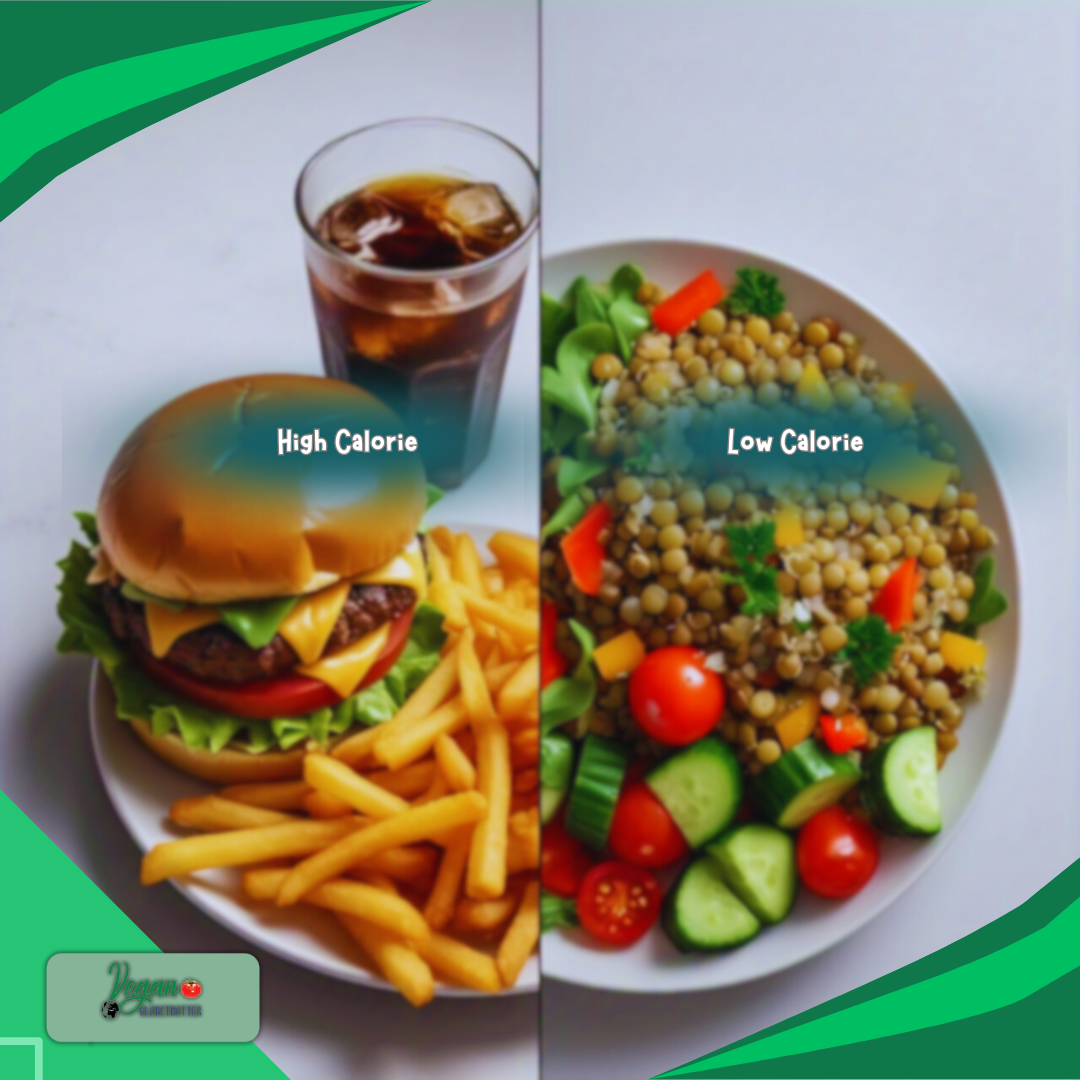
Comparing Macronutrient Profiles
Macronutrients are the big three: protein, carbs, and fats. Each plays a role in weight loss:
- Protein: Helps build muscle and keeps you full
- Carbs: Give you energy but can lead to weight gain if you eat too much
- Fats: Important for health but high in calories
Vegan diets can be high in carbs and low in protein. This isn’t bad, but you need to be careful. Try to eat protein-rich plant foods like beans, lentils, and tofu. These foods are filling and can help you lose weight.
Nutritional Advantages of Plant-Based Foods

Plant-based foods offer many benefits for weight loss. They’re packed with nutrients that can help you feel full and satisfied while supporting your health.
Fiber and Its Role in Weight Management
Fiber is a superstar for weight loss. You’ll find it in plant foods like fruits, veggies, and whole grains. It helps you feel full longer, so you eat less.
High-fiber foods take more time to chew. This slows down your eating and gives your body time to feel full. Fiber also soaks up water in your gut, making you feel fuller.
Try adding more beans, lentils, and whole grains to your meals. These foods are fiber powerhouses. You’ll feel satisfied and may naturally eat fewer calories.
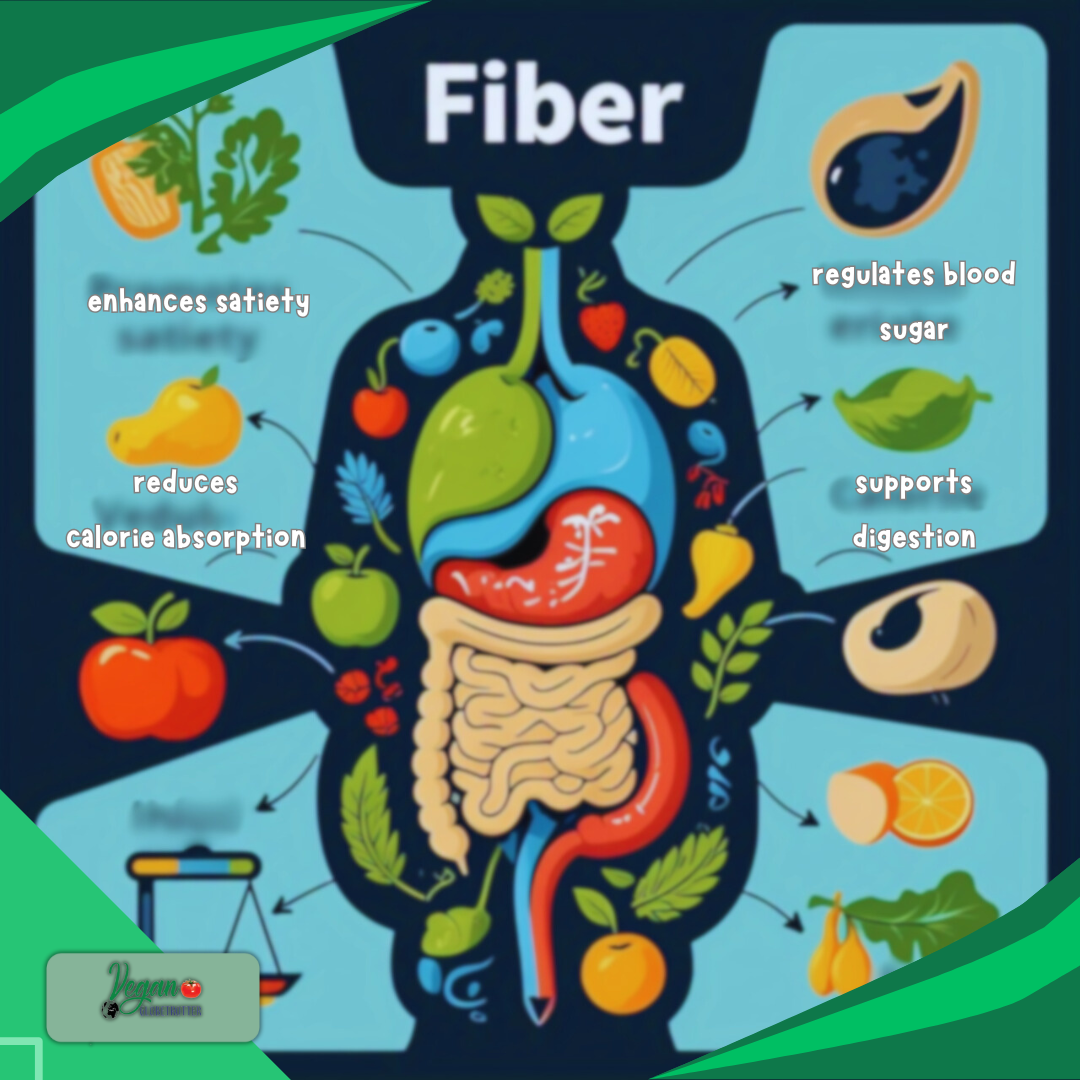
Micronutrients in Vegan Diets
Vegan diets can be rich in vitamins and minerals. You’ll get lots of vitamin C from fruits and veggies. Leafy greens give you iron and calcium.
Some key nutrients to watch:
- Vitamin B12: Take a supplement or eat fortified foods
- Vitamin D: Get sun exposure or try fortified plant milks
- Omega-3s: Add flax seeds or walnuts to your meals
Eating a variety of colorful plant foods helps you get all the nutrients you need. This supports your overall health while you lose weight.
Protein Sources and Satiety in Vegan Diets
You can easily get enough protein on a vegan diet. Plant proteins help you feel full and keep your muscles strong.
Good vegan protein sources:
- Beans and lentils
- Tofu and tempeh
- Nuts and seeds
- Whole grains
These foods are also high in fiber. This combo of protein and fiber keeps you feeling full for hours.
Plant-based diets may help you eat fewer calories without trying. You naturally feel more satisfied, which can lead to weight loss.
Health Benefits Beyond Weight Loss

Eating plants can help you in many ways besides losing weight. You might see big changes in your heart, blood sugar, and cancer risk. Let’s look at how going vegan could boost your health.
Vegan Diets and Cardiovascular Health
Plant-based diets can be great for your heart. They often lower your cholesterol and blood pressure. This means less risk of heart attacks and strokes.
Vegan foods have no cholesterol. They’re also low in saturated fat. These things can clog your arteries.
Plants are full of fiber. Fiber helps clean out your blood vessels. It also makes you feel full, so you eat less.
Some vegan foods can even help your body make less TMAO. TMAO is a substance linked to heart disease. By eating more plants, you might protect your heart better.
Diabetes, Obesity, and Vegan Eating
Vegan diets can help with diabetes and obesity. They often have fewer calories but more nutrients.
Plants are full of fiber. This slows down how fast sugar enters your blood. It can help control your blood sugar levels.
Many plant foods have a low glycemic index. This means they don’t spike your blood sugar as much.
Vegan diets can improve your insulin sensitivity. This helps your body use insulin better. It’s good for preventing and managing diabetes.
Plant-based eating often lowers your BMI. A lower BMI means less risk of obesity-related health issues.
Cancer Prevention and Plant-Based Diets
Eating more plants might lower your cancer risk. Plants have lots of antioxidants. These fight damage in your body that can lead to cancer.
Vegan diets are high in fiber. Fiber can help prevent colon cancer. It keeps your digestive system healthy.
Plants have phytochemicals. These are special plant compounds. Some may slow down cancer cell growth.
Red and processed meats are linked to some cancers. By not eating these, you might lower your risk.
Vegans often eat more fruits and vegetables. These foods are packed with cancer-fighting nutrients. Eating a variety of colorful plants gives you the most protection.
Implementing a Vegan Diet for Weight Loss

A vegan diet can be a powerful tool for weight loss. It focuses on plant-based foods that are often lower in calories and higher in fiber. This can help you feel full while eating less.
Creating a Balanced Vegan Meal Plan
To lose weight on a vegan diet, you need to eat the right foods. Plant-based diets can be very effective for weight control. Focus on whole grains, fruits, vegetables, and legumes. These foods are packed with nutrients and fiber.
Here’s a sample day:
- Breakfast: Oatmeal with berries and nuts
- Lunch: Lentil soup with a side salad
- Dinner: Stir-fry with tofu and mixed veggies
Snack on fruits, veggies, or a small handful of nuts. Watch your portion sizes. Even healthy vegan foods can lead to weight gain if you eat too much.
Drink plenty of water. It can help you feel full and boost your metabolism.
Incorporating Exercise and Physical Activity
Exercise is key for any weight loss plan, including a vegan one. It helps burn calories and build muscle. Aim for at least 150 minutes of moderate exercise each week.
Try these activities:
- Brisk walking
- Cycling
- Swimming
- Yoga
Start slow if you’re new to exercise. Gradually increase your workout time and intensity. Find activities you enjoy. This will help you stick with your exercise routine.
Remember, physical activity paired with a plant-based diet can be very effective for weight loss.
Behavioral Aspects of Diet Adherence
Sticking to a vegan diet for weight loss takes commitment. It’s a lifestyle change, not just a quick fix. Set realistic goals for yourself. Don’t expect to lose weight overnight.
Keep a food diary. This can help you track what you eat and spot areas for improvement. Prepare meals in advance. This can prevent you from reaching for unhealthy snacks when you’re busy or tired.
Find support. Join a vegan community or weight loss group. Having others to share your journey with can boost your motivation.
Be patient with yourself. If you slip up, don’t give up. Just get back on track with your next meal.
Specific Considerations in Vegan Diets

When following a vegan diet for weight loss, you need to pay attention to a few key areas. These include getting enough essential nutrients, supporting your gut health, and being mindful of processed foods.
Addressing Nutrient Deficiencies: B12 and Iron
Vegan diets can be low in vitamin B12 and iron. These nutrients are important for your energy levels and overall health. To get enough B12, you may need to take supplements or eat fortified foods. Good vegan iron sources include:
- Leafy greens
- Beans
- Lentils
- Fortified cereals
Eating vitamin C-rich foods with iron-rich meals can help your body absorb more iron. Try adding sliced oranges to your spinach salad or bell peppers to your bean dish.
Vegan Diets and Gut Health
A plant-based diet can be great for your gut microbiome. Eating lots of fruits, veggies, and whole grains gives your gut bacteria plenty of fiber to feed on. This can lead to better digestion and may even help with weight loss.
Some gut-friendly vegan foods include:
- Kimchi
- Sauerkraut
- Tempeh
- Kombucha
These foods contain probiotics that can boost your gut health. Aim to include a variety of plant foods in your diet to support a diverse gut microbiota.
The Impact of Processed Vegan Foods
While vegan diets can be very healthy, not all vegan foods are created equal. Processed vegan foods like vegan cookies, chips, and some meat substitutes can be high in calories and low in nutrients.
These foods may:
- Raise your insulin levels
- Make weight loss harder
- Lack important vitamins and minerals
For the best results, focus on whole plant foods most of the time. When you do choose processed vegan foods, read labels carefully and enjoy them in moderation.
Challenges and Misconceptions

Going vegan for weight loss can be tricky. You might face some hurdles and hear wrong ideas about it. Let’s look at how to deal with these issues and clear up some myths.
Overcoming Social and Cultural Obstacles
You might worry about eating out or joining family meals on a vegan diet. Don’t fret! Many restaurants now offer plant-based options. When dining with others, offer to bring a dish to share.
At work, pack your lunch or suggest vegan-friendly spots for team outings. Talk to your friends and family about your choice. Explain how it helps your health and weight loss goals.
Remember, you don’t need to be perfect. It’s okay to slip up now and then. What matters is sticking to your vegan diet most of the time for weight loss benefits.
Debunking Myths About Vegan Weight Loss
Myth 1: “You can’t get enough protein on a vegan diet.”
Truth: Plants can give you plenty of protein. Beans, lentils, tofu, and quinoa are great sources.
Myth 2: “Vegan diets are always low in fat.”
Not true! Some vegan foods are high in healthy fats. Think avocados, nuts, and seeds.
Myth 3: “All vegan food is good for weight loss.”
Watch out! Vegan junk food exists too. Focus on whole plant foods for the best results.
Myth 4: “You need a ketogenic diet to lose weight.”
False! A balanced vegan diet can help you shed pounds without cutting carbs. The key is eating foods with a low glycemic index to control your blood sugar and fat storage.
Sustaining Weight Loss and Long-Term Benefits

Keeping the weight off after losing it can be tricky. But a plant-based diet offers tools to help you maintain your new weight and improve your health for years to come.
Maintaining Weight Loss Through Lifestyle Changes
Sticking to your new weight takes effort, but it’s doable. The key is making lasting changes to your eating habits. A vegan diet packed with veggies, fruits, and whole grains can help you feel full on fewer calories.
Try filling half your plate with colorful veggies at each meal. Snack on fruit instead of chips or cookies. These low-calorie density foods help you eat less without feeling hungry.
Watch out for liquid calories from sugary drinks. Stick to water, unsweetened tea, or black coffee. Small swaps like these add up over time.
The Role of Whole Foods and Cooking at Home
Eating more whole plant foods is key for long-term success. Skip the processed vegan junk food and focus on items without labels – like apples, broccoli, and brown rice.
Cooking at home lets you control what goes into your meals. Try new recipes to keep things interesting. Stock your kitchen with healthy staples like:
- Beans and lentils
- Whole grains
- Nuts and seeds
- Fresh and frozen produce
Learning to cook simple, tasty vegan meals helps you stick to your new way of eating. You’ll save money too!

Long-Term Health and Reduced Mortality Risks
Beyond weight loss, a plant-based diet offers major health perks. Eating more plants and less animal products may lower your risk of:
- Heart disease
- Type 2 diabetes
- Some cancers
Studies show vegans and vegetarians often live longer than meat-eaters. A diet rich in fruits, veggies, and whole grains helps control blood pressure and cholesterol.
The fiber in plant foods feeds good gut bacteria. This supports your immune system and overall health. Focusing on nutrient-dense whole foods gives your body what it needs to thrive.
The Science of Vegan Weight Loss: A Recap and Farewell
As we come to the end of this article, let’s take a moment to reflect on what we’ve explored together. The science of vegan weight loss is not just a theory—it’s a practical, evidence-based approach to shedding pounds and improving overall health. We’ve discussed how plant-based diets naturally reduce calorie intake while keeping you full, thanks to the high fiber and nutrient density of fruits, vegetables, and whole grains. We’ve also touched on the broader health benefits, from improved heart health to better blood sugar control and even cancer prevention.
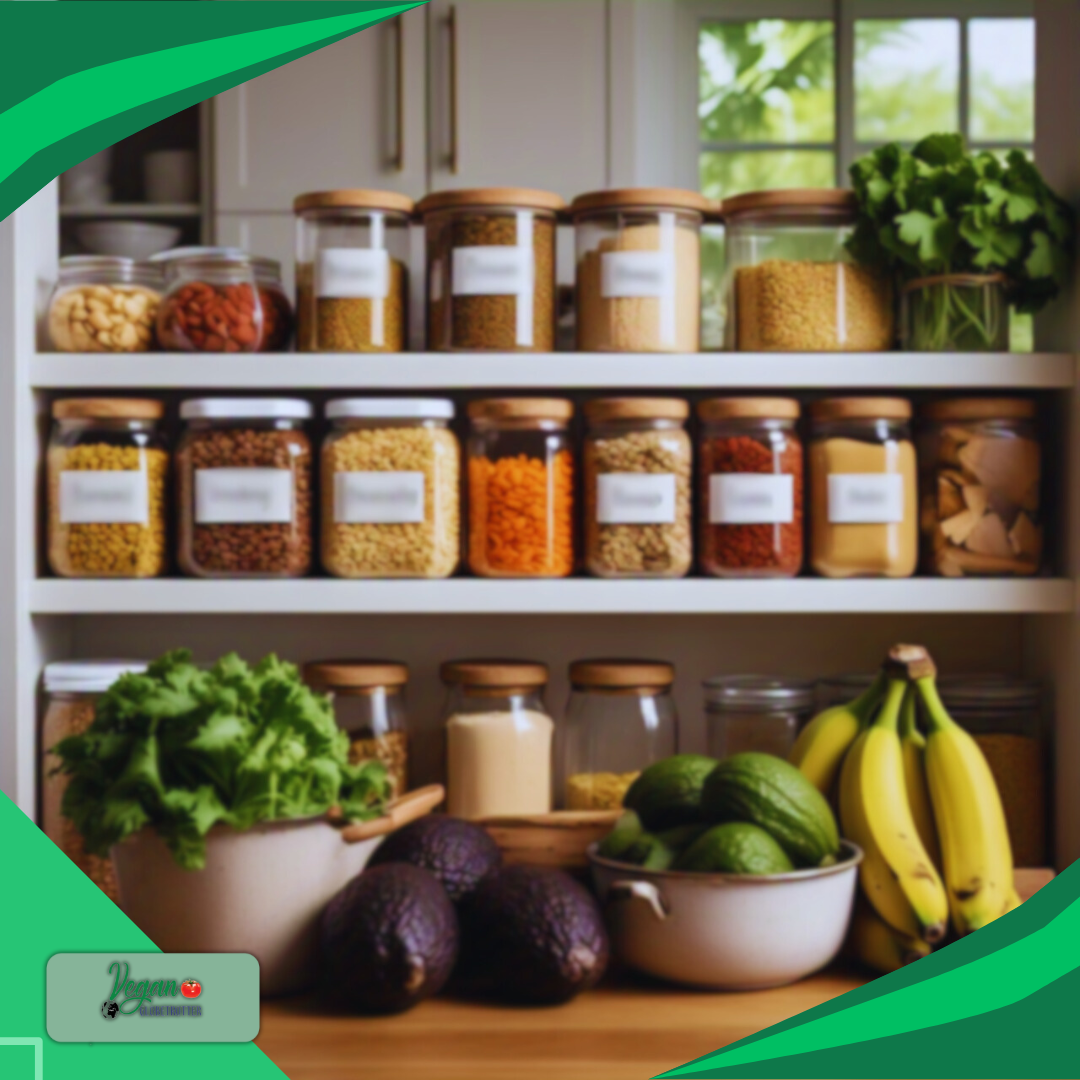
From my own experience, I shared that weight loss isn’t random—it’s a result of intentional choices and lifestyle adjustments. Understanding the science behind it, as we’ve done here, can be a game-changer for motivation and willpower. Whether it’s learning about the role of fiber in weight management, the importance of balanced macronutrients, or the long-term health benefits of a vegan lifestyle, this article has aimed to equip you with the knowledge to make informed decisions.
I hope you’re now convinced that adopting a vegan lifestyle can be a powerful tool for weight management—and that it’s about more than just losing weight. It’s about embracing a healthier, more sustainable way of living.
Thank you for taking the time and effort to read this article. Your commitment to learning and growing is what makes this journey worthwhile. I hope to see you again in my other blog entries, where we’ll continue exploring ways to live healthier, happier lives. Until then, take care and keep thriving!
Frequently Asked Questions

Vegan diets can be very effective for weight loss when done right. Many people have questions about how to lose weight as a vegan in a healthy, sustainable way.
What are effective strategies for losing weight on a vegan diet?
Focus on whole plant foods. Eat lots of veggies, fruits, whole grains, and legumes. Limit processed vegan foods and oils.
Track your calories to ensure you’re in a deficit. Get enough protein from beans, lentils, tofu, and tempeh.
Stay hydrated and exercise regularly. Small, consistent changes lead to long-term success.
Can a plant-based diet contribute to rapid weight loss, and is it sustainable?
A vegan diet can lead to quick initial weight loss. This is often due to reduced calorie intake and lower fat consumption.
For sustainable results, aim to lose 1-2 pounds per week. Focus on nutrient-dense whole foods rather than restrictive eating.
Build healthy habits you can maintain long-term. Gradual changes are more likely to stick.
What might a typical week's meal plan look like for vegan weight loss?
Breakfast: Oatmeal with berries and nuts or a tofu scramble with veggies.
Lunch: Large salad with beans, or a veggie and hummus wrap.
Dinner: Lentil soup, stir-fry with tofu, or a bean and veggie burrito bowl.
Snacks: Fresh fruit, raw veggies with guacamole, or a small handful of nuts.
Where can I find a comprehensive meal plan PDF for vegan weight loss?
Many vegan nutrition websites offer free meal plan PDFs. Check out resources from plant-based doctors and dietitians.
Look for plans that focus on whole foods and provide a good balance of nutrients. Customize to fit your calorie needs and food preferences.
How do vegan diets impact belly fat compared to other diets?
Vegan diets can be effective for reducing belly fat. They’re often lower in calories and saturated fat than standard diets.
Plant-based diets may help reduce inflammation, which is linked to belly fat. High-fiber vegan foods can improve gut health and reduce bloating.
Remember, spot reduction isn’t possible. Overall weight loss will help reduce belly fat.
Are there any potential negative effects of switching to a vegan diet for weight loss purposes?
If not planned well, vegan diets can be low in certain nutrients. Pay attention to vitamin B12, iron, zinc, and omega-3s.
Some people may experience digestive changes due to increased fiber intake. Start slowly and stay hydrated.
Ensure you’re eating enough calories and protein to maintain muscle mass while losing fat.
Join the Vegan Journey!
Ready to take your plant-powered lifestyle to the next level? Follow us for inspiring content, honest reviews, and a supportive community:
Let’s grow together—click, connect, and explore!



Don't miss out
when new recipes and information are added!
Join our newsletter for free recipes,
healthy living inspiration, and special offers
You have Successfully Subscribed!